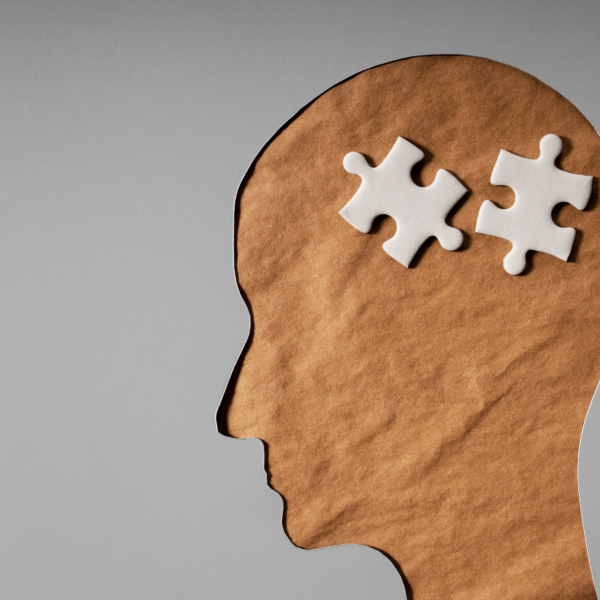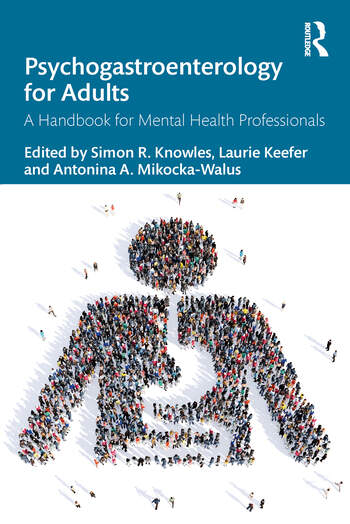Manage Your Anxiety.
Heal From Your Trauma.
Gain clarity, build your inner strengths and lead life on your terms.
Welcome To Cohesive Therapy NYC
When you are struggling with anxiety or the impacts of trauma, it’s often difficult to know what to do or who to turn to for help.
You are here because you are tired of living with worries and fears that keep you from being your best, most authentic self.
There is more to life than what you’ve been brought up to believe. You’re ready to learn, take action and take up space with confidence and inner peace.
If you’re ready to make changes in your life, to GET UNSTUCK, and learn effective, life-long strategies, we’ve got your back. Let’s talk.
Specialties
For the most part, you’ve been trying to cope on your own.
But if any of these thoughts have you struggling…
“I’m constantly worried about what will happen tomorrow”
“I should be happy, but, I’m not. And I can’t figure out why”
“I know that something has got to change, but where do I even start?”
“I am terrified of having to make decisions”
“What will people think of me?”
“Nothing I do is good enough”


















